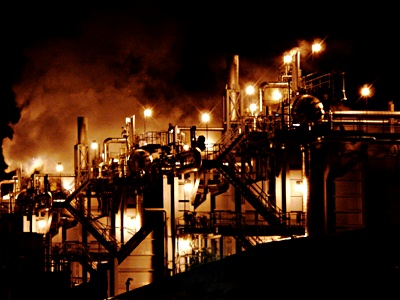All Nonfiction
- Bullying
- Books
- Academic
- Author Interviews
- Celebrity interviews
- College Articles
- College Essays
- Educator of the Year
- Heroes
- Interviews
- Memoir
- Personal Experience
- Sports
- Travel & Culture
All Opinions
- Bullying
- Current Events / Politics
- Discrimination
- Drugs / Alcohol / Smoking
- Entertainment / Celebrities
- Environment
- Love / Relationships
- Movies / Music / TV
- Pop Culture / Trends
- School / College
- Social Issues / Civics
- Spirituality / Religion
- Sports / Hobbies
All Hot Topics
- Bullying
- Community Service
- Environment
- Health
- Letters to the Editor
- Pride & Prejudice
- What Matters
- Back
Summer Guide
- Program Links
- Program Reviews
- Back
College Guide
- College Links
- College Reviews
- College Essays
- College Articles
- Back
Bangladesh Factory Reform Agreement
The American proposal unveiled on July 10th regarding the Savar collapse is weak and disappointing, considering the history and nature of the issue. After refusing the 2013 European plan and a similar 2011 plan due to it being “financially unsound”, companies such as Gap, Wal-Mart, and other American garment manufacturers have taken a different route.
The Alliance for Bangladesh Worker Safety promises sweeping new inspections and education regarding safety and emergency preparedness. The undertaking of these measures will be transparent, and its findings will be revealed in semi-annual reports. Loans will be made available to factories due their inaccessibility within Bangladesh, and new regulations have been established regarding Unauthorized Subcontracting.
A number of activist groups see a problem within the fine print of the documents, aiming most of their venom at Wal-Mart. Unlike Europe’s plan, the American one does not require the Corporations to participate. While calling it a “legally binding commitment among alliance members”, it also states it’s quite easy to simply back out of the alliance. Any company can at any time for only a small fee. The plan covers inspections multiple times, however, when it comes to handling safety violations actually found during inspections, there is almost nothing. The loans offered to factories are given by the company who owns it, the terms and conditions are entirely up to them, and giving the loans is not required. Prior to 2013, Wal-Mart (along with other companies) carried out not a single fire safety inspection. Others, like Gap, held inspections of factories with blatant violations. One such factory had illegal construction occurring on its upper floors, and lack of constructed exits. In Gaps case, that particular factory caught fire and killed 29 people in December 2010. Gap had promised changes in response, yet nothing was done. Wal-Mart has a similar record; in the aftermath of their fire at Dhaka in 2012, Wal-Mart showed no interest in compensating for the families of the victims, refusing to attend a meeting where that was being discussed. On May 14, 2013, Wal-Mart promised immediate inspections, and posted results by July 1st. None were posted, and no one is sure if the inspections actually took place.
These proposals affect 4 million workers being paid the lowest minimum wage in the world ($38 a month), and who face physical threats if the factory thinks a union is to be formed. However, the American plan makes no mention of having worker representatives be a part of the reforms. This, again, is present in the European plan. The Americans have promised to set up an anonymous hotline for workers, but considering that so many within and outside the UA have called for raised wages, better working conditions, etc., have been ignored, I find it hard to believe this will change much in that category. The document states the hotline is for safety issues, so there’s a chance complaints of human rights abuses will be disregarded.
Even though many have suffered due to the actions of American companies, the view of America from Bangladesh remains favorable. 46% of the Bangladesh population has a favorable view of the American way of doing business. 6 million say they would move to the US if given the opportunity. 40% approve of the job performance of US leaders, and in the wake of the fire, no protests were held against the American companies, only the building owners. We should keep this in mind, considering the fact that if these measures were implemented elsewhere, the reactions would be much less friendly.

Similar Articles
JOIN THE DISCUSSION
This article has 0 comments.
